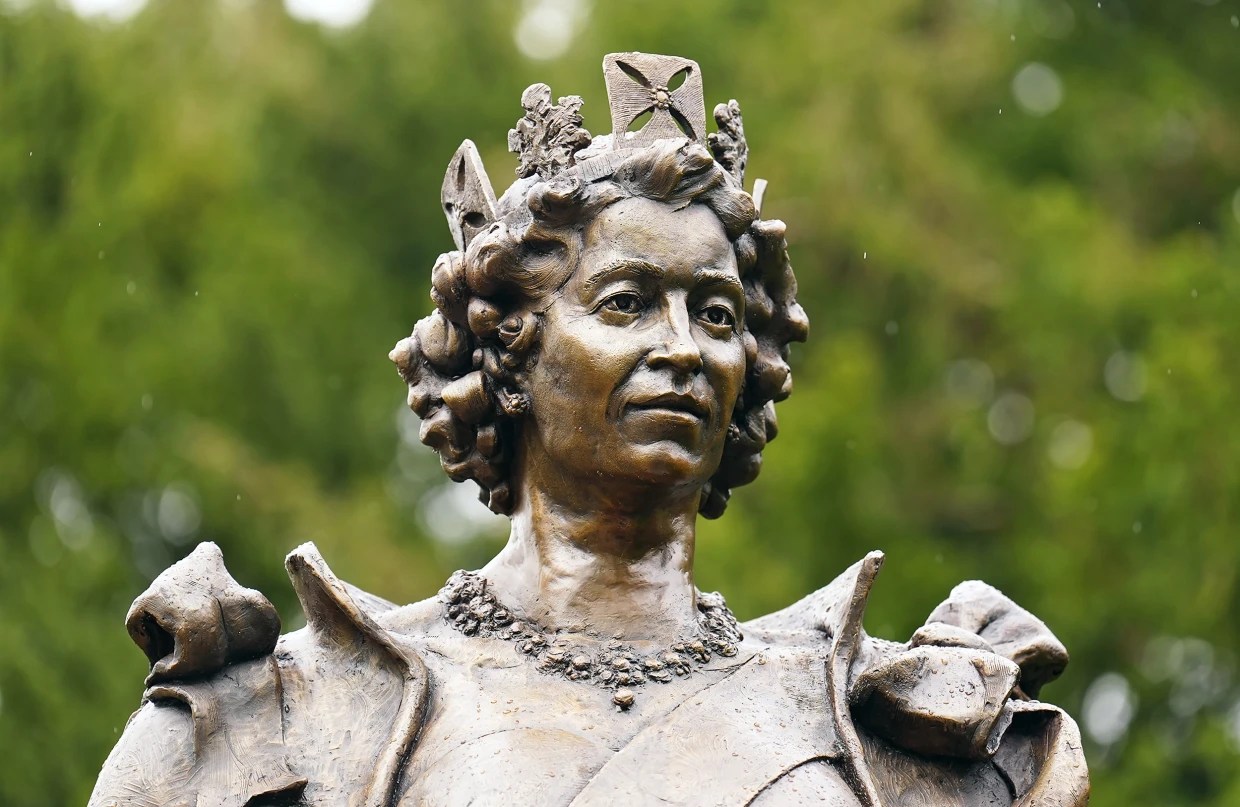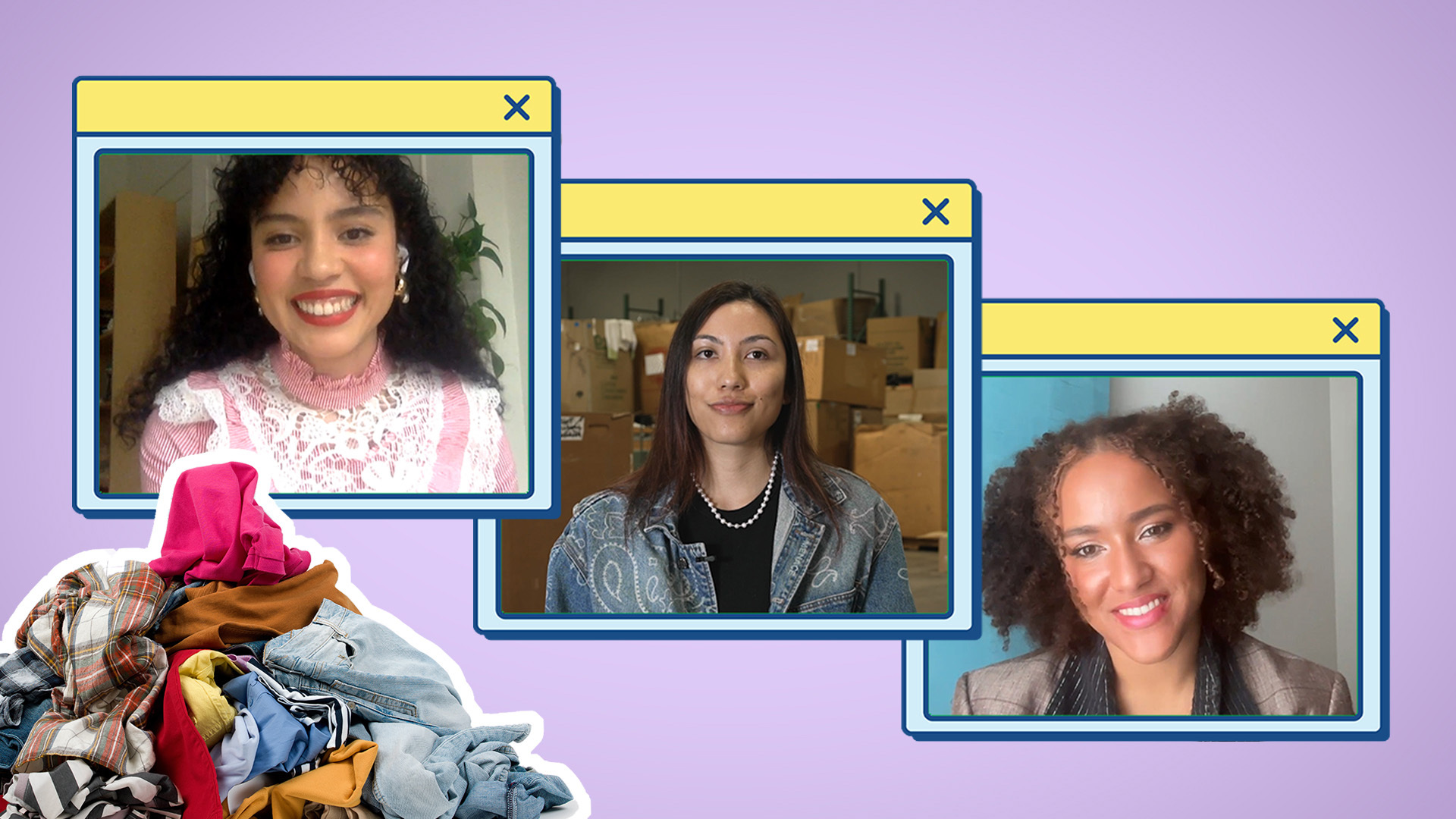You might think you're getting away with something when you post a nasty comment online but leave your name off.
Come on, admit it: You know you've done it. People who are afraid of spilling their true feelings online have been clicking on the "post anonymously" button for years, thinking their identities are hidden. But, seriously, is anything really anonymous these days?
A Northern California judge proved that point last week.
The case involves a blog called The People's Vanguard of Davis. The blog's operator wrote about a legal spat between a former police officer for the University of California at Davis and the university system's regents.
Alleged anonymous comments drew the attention of the former officer and his attorney, who believe the comments are anything but anonymous. They say UC insiders were behind the comments and asked a judge to force Google, the blog's former host, to out the commenters.
The judge agreed to squash the subpoena but said they could hire an independent third-party group to do an Internet address trace to see whether the suspected comments were indeed anonymous.
It is the latest case in a string that have many wondering what's worse -- being anonymous or being outed as a secret commenter?
U.S. & World
Take, for example, a case in New York, in which an "anonymous" blogger called model Liskula Cohen a "skank" a "ho" and even an "old hag" on the blog "Skanks in NYC." Cohen, who is nowhere old, or a hag, sued. A court last month ordered Google to force the no-name name-caller to 'fess up -- and now she's planning to sue Google because, she says, the Web giant gave her a bad name.
Perhaps the most famous case on this new-age whistleblowing dilemma involves the CEO of Whole Foods, John Mackey, who used an alias to boast about the company's stock and blast their rival, Wild Oats Market. For seven years, Mackey posted as Rahodeb, an anagram of his wife's name.
Whole Foods eventually announced they were buying their rival, and faced with an SEC investigation,Mackey admitted to his alter-ego posts and apologized for posting anonymously.
After facing outrage over his comments on government health care, he may wish he could return to posting as Rahodeb.
Then there's the case of Lori Drew, a Missouri woman who left taunting comments for a teenage girl on MySpace under the name of a fictional boy, Josh Evans, and apparently drove her to suicide.
That's the distasteful side of anonymity, which adds up to an easy argument for revealing Internet posters' identities. The Electronic Frontier Foundation, an activist group which deals regularly with the issue of anonymity, says we shouldn't be so hasty. The Founding Fathers, they point out, wrote the Federalist Papers under the veil of anonymity, and the Supreme Court has ruled that there is a right to anonymous free speech.
Here's the problem: As technological systems make it easier to create a veil of secrecy, those same systems make it easier to pierce that veil. Sometimes Internet anonymity is nasty. Sometimes it lets a whistleblower speak out. Technology makes us ask the old question of anonymity harder -- but it doesn't give us any answers.



